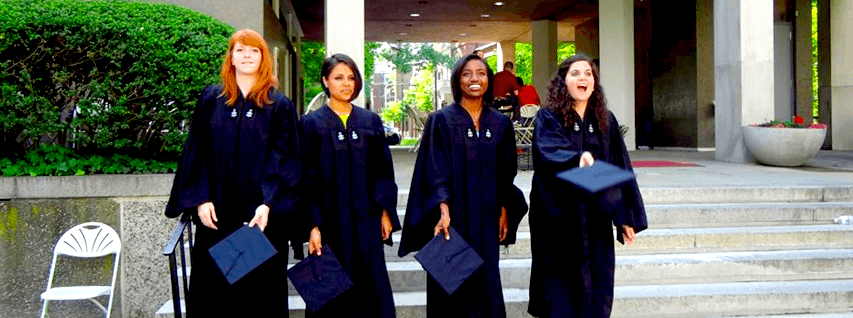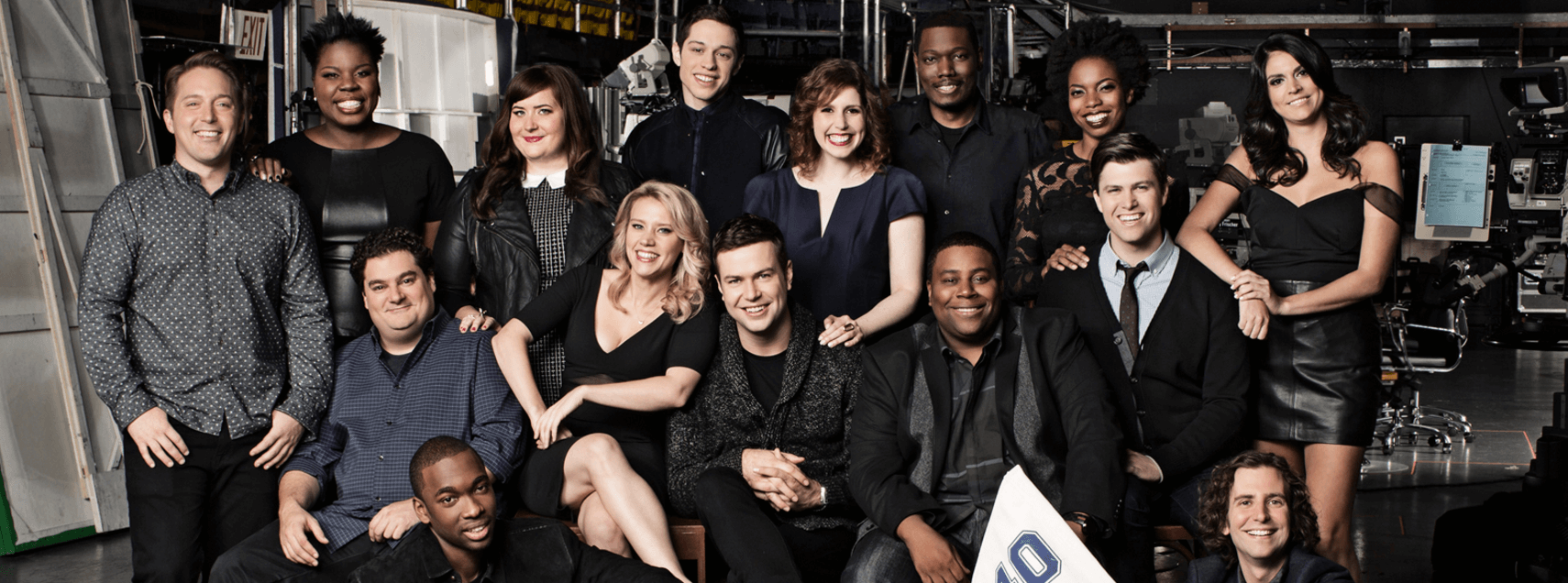Apply now to be a WayUp Campus Rep next Spring!
Samantha Koury is a junior at Simmons College, just outside of Boston, and a WayUp Campus Rep. A business management major, Samantha hopes to work in human relations or real estate after graduation. She loves all things dogs, bagels, and the winter season. In her free time, she enjoys chowing down on brick oven pizza and rooting for the Rex Sox and Celtics! Here’s what she has to say about her experience repping WayUp and getting college students jobs!
What was it like getting started as a WayUp Rep?
Getting through the program requirements took a fair amount of effort: at first, I remember thinking I got arthritis in my fingers from the amount of texts I sent to my friends asking them to sign up. It was really tricky figuring out how to best pitch the company and actually get students signed up. If you were to tell me I would have over 400 sign ups at the end of this semester, I would have laughed in your face!
So, what changed?
I started to figure out strategies that worked for me, like tabling and posting on Facebook. I learned to connect with people through direct messages–ask how school is going and always be the first to tell them about an opportunity on the site if I knew they were looking for a job. It’s super important to not sound “salesy,” but to be genuine about helping students!
What is your favorite part of the job?
Each week, my manager sends a new incentive to keep me motivated. Along with the cash money you get for each student sign up, you also get the chance to win TONS of fabulous prizes for completing incentives and winning challenges, like WayUp swag, and gift cards to cool companies like Chipotle and Shoptiques! Girl scout honor code here, I have never once been bored throughout the semester getting friends, peers, strangers, and more to sign up and get their life and resume going.
What are the top 3 skills you learned as a WayUp Campus rep that will help you thrive in any career?
- Public Speaking: As a Campus Rep, I got a lot of practice speaking in front of large groups, like classes or student organizations.
- Social Media Skills: I am now able to concisely pitch WayUp, or any company or product, using different tools like Facebook, Instagram, Twitter, and more.
- Targeted Communication: I learned through this role not to go into an art major class and say, “Hey! Companies on WayUp are hiring math tutors…sign up!” There was definitely trial and error at first, but I’ve really learned how to get my point across powerfully and effectively.
Any success stories? Who #gothired?
I got a message on Facebook from a girl at my school who I didn’t know: she thanked me for introducing WayUp into her life! Turns out, she got a job at the Cheesecake Factory just down the street :).
What advice would you give to new Reps?
This job is all about you and your success. Stay close to your manager, reach out to groups you may not be familiar with, help other students who are in the same boat, and most importantly, GET PAID DOING IT!
What’s on your plate for next semester?
I will be taking full-time classes, working for my internship in Boston, and helping students on their “way up” as a Campus Rep again in the Spring!!!


 What is your favorite post that you’ve ever done?
What is your favorite post that you’ve ever done?


 Katherine Berry (
Katherine Berry (

















